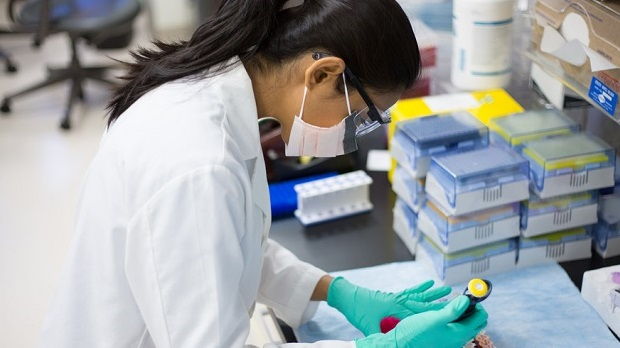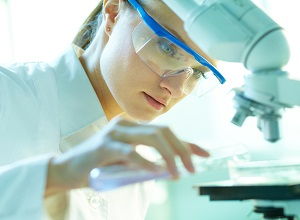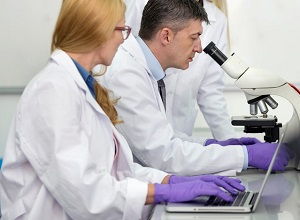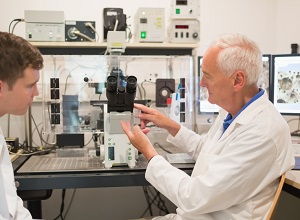PCR tips & cycling conditions

Negative control & PCR master mix
If for example, you have 8 DNA samples make enough master mix for 10 reactions. This will allow for 8 samples, 1 negative control (PCR reaction with no DNA), and extra left-over reserve for any pipette inaccuracy.
dNTP mixes
Your job will be easier if you buy a mix of all 4 dNTP's (e.g. New England Biolabs) rather than buying all 4 separately.
Taq DNA Polymerase PCR kits
Your job will be easier if you buy a kit that contains the Taq DNA Polymerase along with PCR buffer and magnesium chloride. (e.g. Thermo Fisher Scientific)
Avoid contamination
PCR is very sensitive. Make sure to use ultra filtered water, sterile pipette tips & tubes, and clean gloves. Be careful to avoid breathing on your samples.
Cycling conditions for standard PCR
1. Initial denature 94°C 2 – 3 minutes
2. Denature 94°C 30 seconds
3. Primer anneal X°C 30 seconds
4. Extension 72°C X seconds
5. Final extension 72°C 2 - 3 minutes
6. Hold 4°C
Repeat steps 2 – 4 30 times.
Cycling notes:
The temperatures and times suggested above must be tested to determine if they are suitable to your specific application.
Extension time is usually 1 minute per 1000 bases. For a 500 base pair product you could set the extension time at 40 seconds to ensure your product is produced. Most Taq DNA Polymerase enzymes function best at 72°C.
Once cycling is complete, samples may be held on the thermo-cycling machine at 4°C until you collect them. Alternatively, if you would like to place less pressure on your machine (e.g. if the run is to be completed in the evening after you have left your laboratory) you may set the hold for 15°C.














